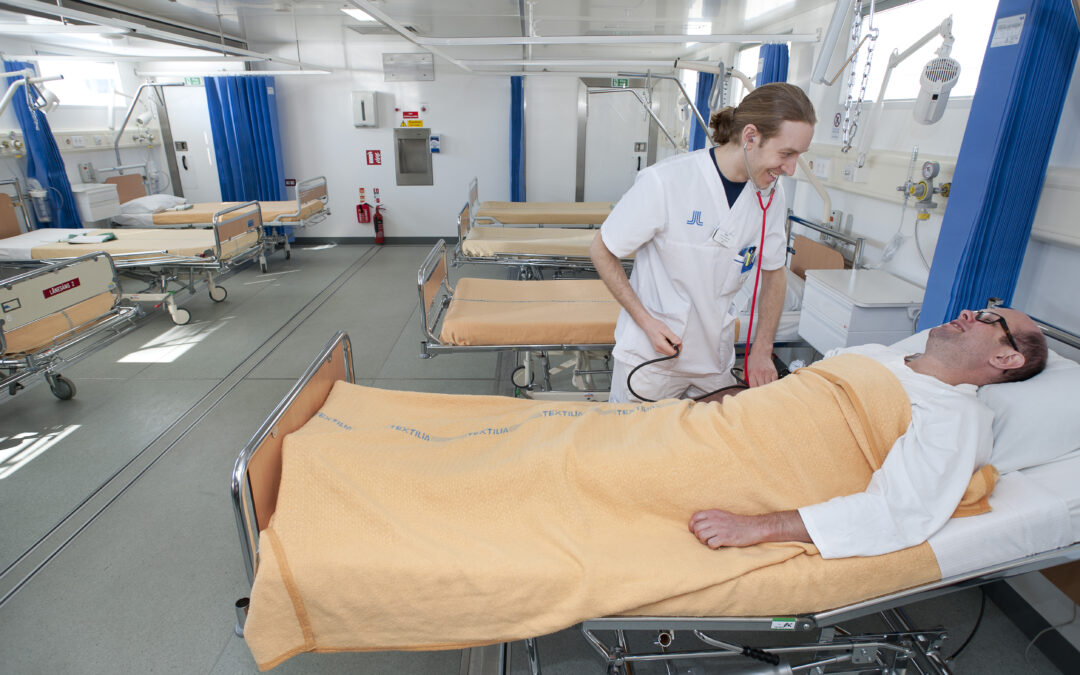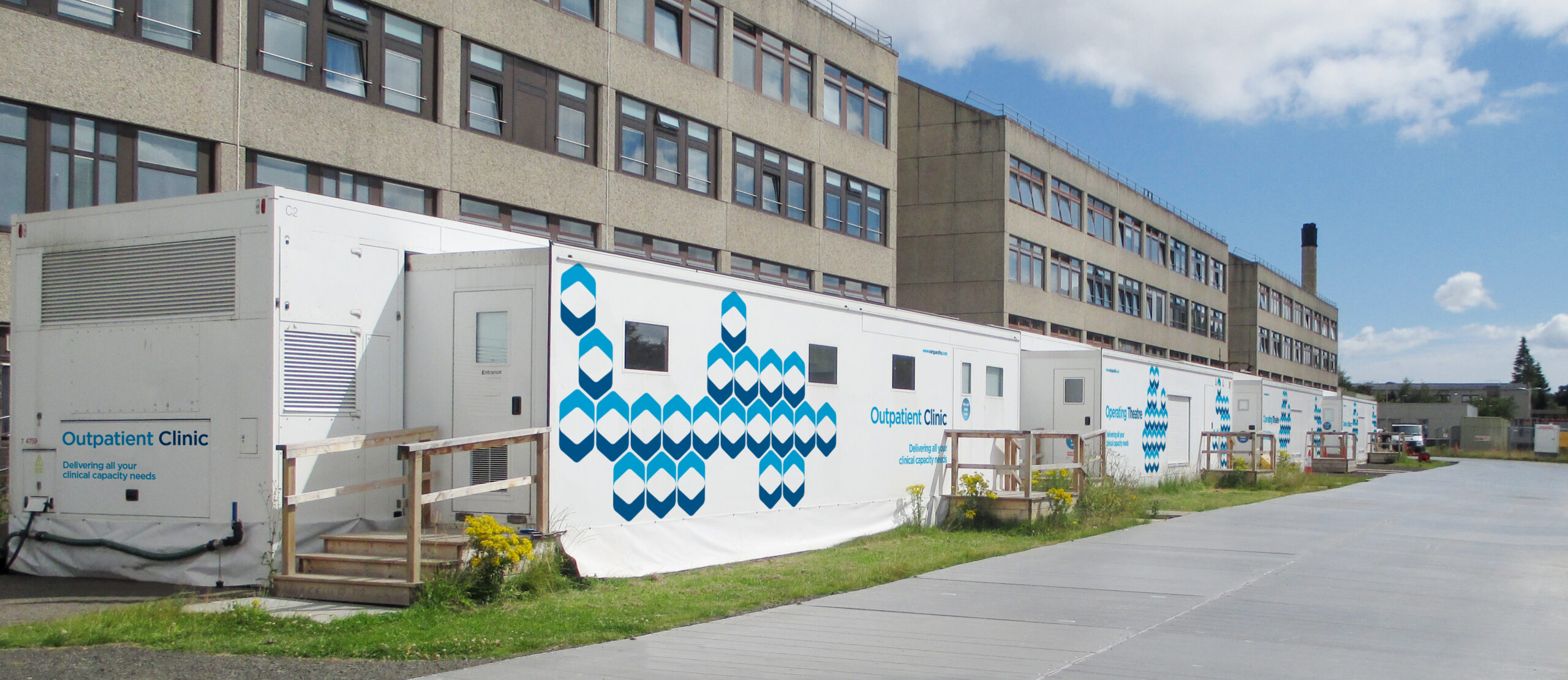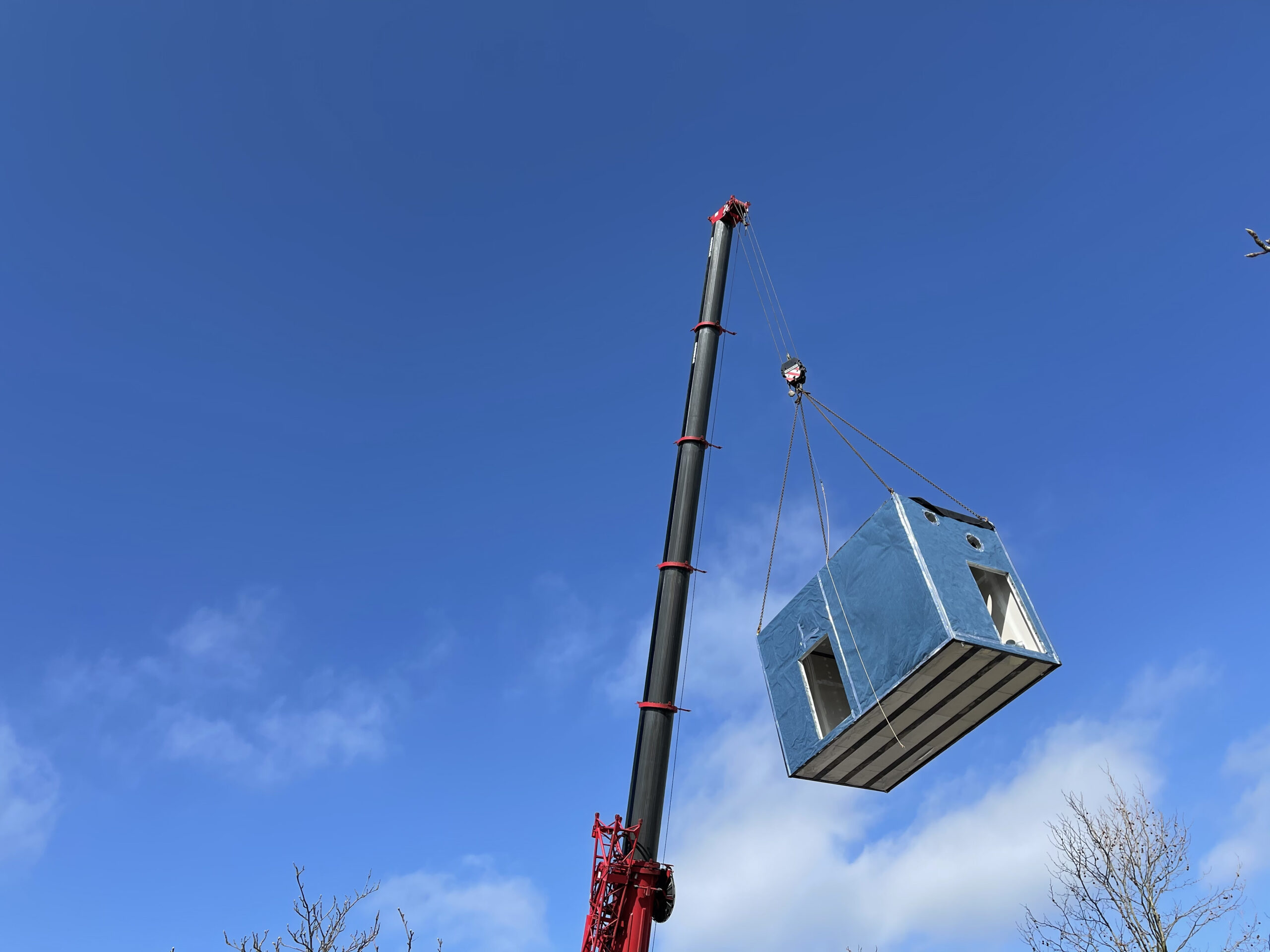Both in terms of health outcomes and emotional well-being, surgery is best done in a timely, well-planned way. Establishing a ring-fenced elective surgical hub using mobile or modular facilities can help to ensure that happens.
Sadly, many patients do not have a smooth experience. They’re told they need a certain procedure, added to the waiting list and finally given a date. Then something goes wrong. For one reason or another, their surgery does not happen as planned. They’re put back on the waiting list until another spot becomes available.
That has consequences, both in terms of physical and emotional health.
Cancellation has negative impacts on patients
One Canadian review of studies relating to surgical waiting times and mental health found that,
Most patients and caregivers reported anxiety, depression and poor quality of life, which deteriorated with increasing wait time. The impact of waiting on mental health was greater among women and new immigrants, and those of younger age, lower socioeconomic status, or with less-positive coping ability.
As for physical health, delays can be devastating. The Australian Medical Association (AMA) notes that,
Every delayed surgery has an impact on the patient, as it leads to further deterioration of health and impacts quality of life. This in turn has a significant economic cost due to loss of workforce participation and productivity…This could also lead to further health issues for the patient, including mental health issues, due to limited ability to participate in work, physical exercise, and social activities.
Why are surgeries cancelled?
If we put COVID-19 to one side for a moment, cancellations often happen for preventable reasons. Another Canadian review of elective surgery cancellations at a tertiary hospital found that relatively few surgeries were cancelled due to patient-related reasons (7.8%) or medical reasons (8.8%).
Nearly 14% were cancelled because there was no bed available. But preventable administrative or structural issues were behind 83% of cancellations. That included issues such as emergency cases taking precedence or delays in the operating room meaning there was no time left to complete the full surgical list.
How do mobile and modular facilities help patients?
Many of those structural and administrative difficulties happen because both elective surgeries and emergency ones must rely on the same operating room and beds, whether on the wards or in the intensive care unit (ICU).
That’s why many hospitals are now creating a separate system for elective surgery with its own dedicated operating rooms and ward beds. Known as ‘surgical hubs’ in the UK or ‘rapid access hubs’ in Victoria, they usually have a diagnostic and surgery focus, completing investigative procedures like colonoscopies and low-risk, high-volume surgeries like hip and knee replacements. The benefits to patients are substantial.
Shorter waiting times
In December 2022, the ABC reported that waiting times for elective surgery were the worst they had been in 10 years with the president of the Australian Medical Association (AMA) describing it as a ‘backlog of biblical proportions’. COVID-19 continues to disrupt the healthcare system with both The Alfred Hospital and The Royal Melbourne Hospital being forced to pause elective surgery once again.
The Royal College of Surgeons, England is a strong advocate of surgical hubs, citing evidence from the NHS Getting It Right First Time (GIRFT) program’s survey of surgical hub sites across England. This found that 94% of respondents had seen a positive impact on activity levels thanks to surgical hubs, with fewer cancellations, better room utilisation and reduced lengths of hospital stay. In addition, 91% of respondents reported a positive impact of hubs on patient waiting times.
As for patients, 73% would be willing to travel to a surgical hub even if it was not at their nearest hospital. That’s because they’re keen to have their procedure done as soon as possible, even if it means a journey.
Surgery happens as planned
Why do patients (and staff!) like surgical hubs so much? Because they run in a predictable way.
The difficulties that plague elective surgery when it is entwined with the hospital’s broader needs are far less likely to occur in a ring-fenced surgical hub. Procedures don’t get bumped by emergency surgeries and they don’t get cancelled because no beds are available.
That protects patients from the inconvenience and distress of cancelled procedures. In one study, 62.5% of patients said that cancellation had caused them or their families moderate to extreme inconvenience.
What’s planned to happen in a surgical hub is usually what happens. There’s something comforting about that predictability, especially for patients and their families who have taken time off work and made a range of other arrangements so that they can have their surgery.
Better infection control
As yet another COVID-19 wave hits Australia, the virus is once again affecting hospital staff and patients.
Standalone surgical hubs maximise infection control as they are located away from the main acute site. Patient confidence is also increased as only COVID-negative individuals enter the facility.
Suited to a range of procedures
Surgical hubs have usually focused on high-volume, low-complexity procedures but it is worth remembering that mobile and modular facilities can be used for a wide variety of surgeries, including some of the most complex.
Indeed, with the right clinical guidance, there are very few limits to what can be performed in mobile and modular facilities as they can be designed and customised to the needs of the client, housing and adapting to the latest healthcare technologies.
Surgical hubs are flexible Healthcare Spaces that can be reimagined to suit the changing needs of the hospital over time, assisting in tackling wait lists and creating additional space within the main hospital for ED bed space and more complex cases.
Tackling Australia’s waiting list backlog will take concerted effort and a willingness to reorganise systems and services to meet that goal. A consultative approach between estates, management and clinicians is needed to maximise efficiency.
Mobile and modular facilities offer a rapid solution to creating a fit-for-purpose surgical hub that meets high clinical and safety standards. If you’d like to learn more about establishing a surgical hub using mobile and modular solutions, please contact Q-bital Healthcare Solutions.






